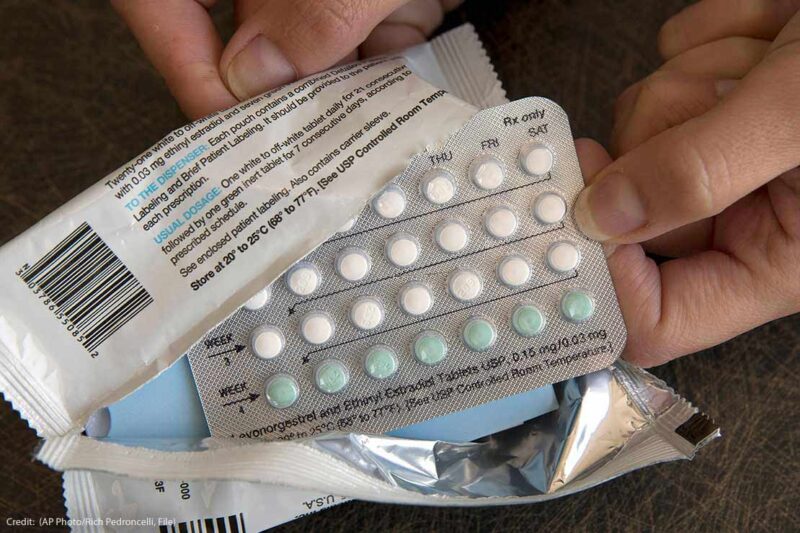The Supreme Court Takes Up the Issue of Birth Control Coverage тАУ Again


The Supreme Court just announced that it will hear yet another case about the Affordable Care ActтАЩs (ACA) birth control coverage requirement. If you are experiencing d├йj├а vu, you are not alone. Court battles over the birth control coverage requirement have been raging for almost a decade. How did we get here?
2012: The Birth Control Benefit is Established
Congress passed the WomenтАЩs Health Amendment to the ACA to try to close the disparity in health care costs that women have historically experienced. In 2012, the independent, nonpartisan Institute of Medicine was tasked with determining what health care should be covered under the ACAтАЩs WomenтАЩs Health Amendment. The Institute determined that all FDA-approved prescription contraception should be covered without a copay in all plans covered under the ACA.
As a result, an estimated 62 million people now have birth control coverage with no copay, and in one year alone, women saved in out-of-pocket costs. Access to contraception is incredibly important for gender equality: Being able to decide whether and when to become a parent means that you can make decisions about your economic, educational, and family life.
But despite how popular and important the birth control benefit is, religiously affiliated employers and universities unleashed a flood of lawsuits trying to take away birth control coverage from their employees and students.
Round One: Burwell v. Hobby Lobby
The arts-and-crafts retailer, Hobby Lobby, took its case to the Supreme Court in 2014. Hobby Lobby argued that under a federal law called the Religious Freedom Restoration Act, it should be allowed to withhold contraception coverage from its employees because of Hobby LobbyтАЩs ownersтАЩ religious beliefs.
- Outcome: The Supreme Court agreed somewhat, and held that the federal government could simply allow Hobby Lobby and other companies like them to take advantage of the тАЬaccommodationтАЭ that was already in place for non-profit organizations. This accommodation involves the company filling out a simple form, at which point the health insurance company steps in to provide the coverage. In the CourtтАЩs decision, this accommodation was sufficient to ensure that Hobby Lobby employees have contraception coverage.
Round Two: Zubik v. Burwell
A number of colleges and universities also sought to take away birth control coverage from their students and employees by bringing lawsuits saying that they shouldnтАЩt have to fill out the one-page form for the accommodation. In other words, they wanted a complete exemption from the contraception coverage requirement. In 2016, their case reached the Supreme Court.
- Outcome: The Supreme Court punted and asked the parties to the case to try and figure out a solution that would respect the religious objections of the universities and ensure that students and employees had coverage.
Round Three: Trump v. Pennsylvania
By the time Donald Trump took office, the conflict remained unresolved. Shortly after Donald Trump took office in 2017, his administration issued a new regulation saying that employers or universities could invoke their religious or moral beliefs to withhold contraception coverage from employees and students without filling out the form for the accommodation, essentially giving the religiously affiliated companies and universities exactly what they were trying to accomplish through the courts. A new round of lawsuits ensued, including one brought by the Pennsylvania Attorney General, who argued that the new rules were unlawful. The trial court and the court of appeals agreed and granted a nationwide injunction blocking the Trump rules while the case proceeds.
Today, the Supreme Court agreed to review that case.
We will do everything we can to ensure that the Supreme Court continues to block TrumpтАЩs dangerous rules. We strongly support religious liberty тАФ but allowing companies and universities to use religious beliefs to block employeesтАЩ and studentsтАЩ birth control coverage is discrimination, not religious liberty. Everyone should have birth control coverage, regardless of where they work or where they go to school.

